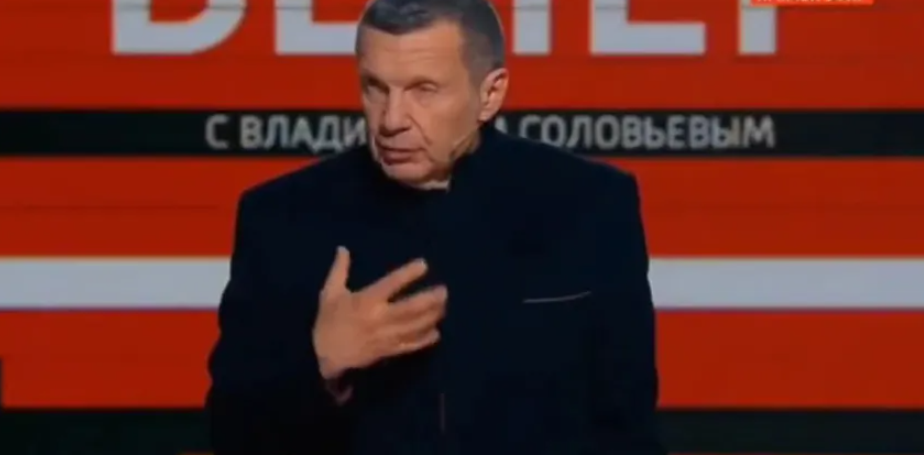Russian propagandist questions the concept of inviolable borders, then names to countries.
Others are reading now
Vladimir Solovyov, a prominent Russian propagandist, recently took to the airwaves to challenge the widely accepted principle of border inviolability.
This principle, established by the Final Act of the OSCE, has been disregarded by Russia in the past, most notably in its military actions in Georgia and Ukraine. Solovyov’s comments add fuel to the fire, suggesting that Russia may have further territorial ambitions.
Russia’s history of border violations dates back to 2008 with its invasion of Georgia.
The situation escalated in 2014 with the annexation of Crimea from Ukraine, and again in 2022 with a full-scale invasion of Ukraine.
Also read
These actions have made it clear that Russia does not intend to respect the principle of border inviolability, which it had initially accepted as the successor state to the Soviet Union.
Solovyov’s controversial remarks
In a recent television appearance, Solovyov questioned the very concept of territorial integrity. He argued that history has always seen the redrawing of borders, citing the dissolution of the USSR and the GDR as examples.
“Borders have always been violated. That’s the historical reality,” Solovyov stated. He further pointed out that Armenia and Azerbaijan, both former Soviet states, are still in the process of defining their borders.
Watch his remarks below
Solovyov’s comments come at a time when another Russian propagandist, Sergei Mardan, hinted that the Baltic countries could be next on Russia’s list after Ukraine. This raises concerns for not just Armenia and Azerbaijan, but also other former Soviet states like Belarus and the Central Asian countries, which Russia still considers within its sphere of influence.
The underlying message
The remarks by Solovyov and Mardan seem to be laying the groundwork for justifying future Russian actions that could further violate international law and territorial integrity.
It serves as a warning to the international community that Russia’s territorial ambitions may not be limited to Ukraine.



